Premium Only Content
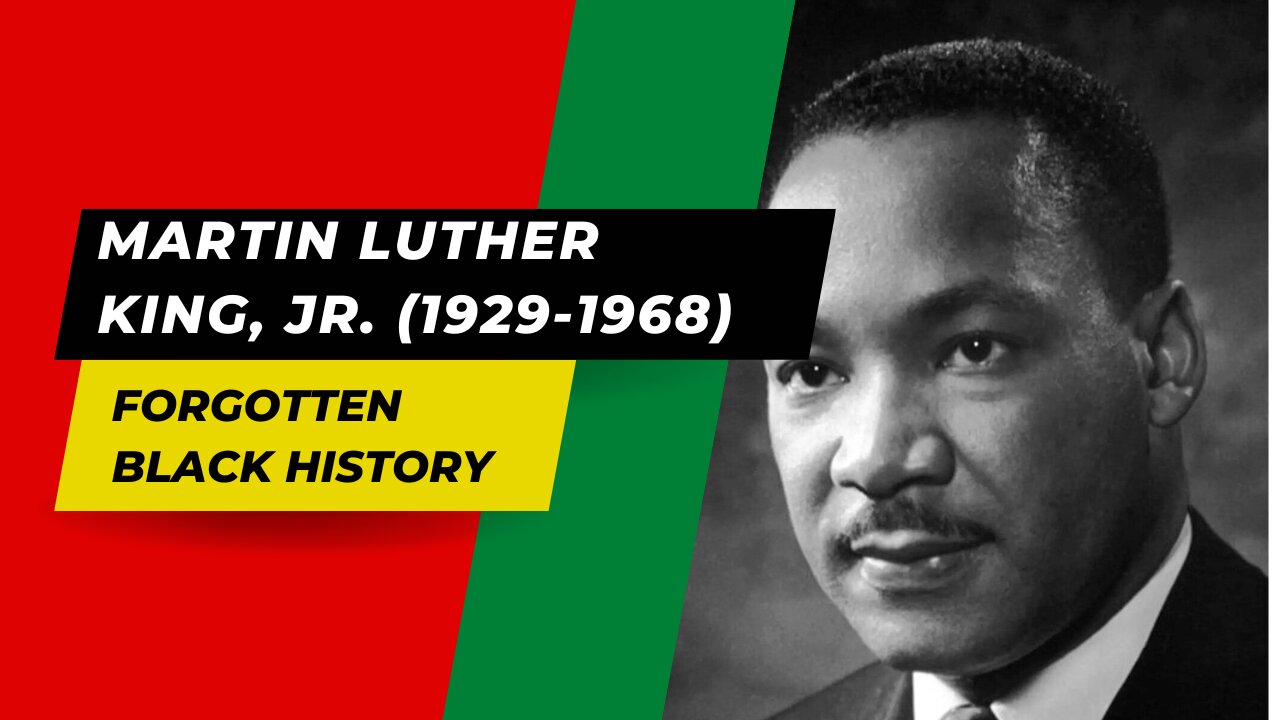
MARTIN LUTHER KING, JR. (1929-1968)
This video is brought to you by, Fiverr: https://go.fiverr.com/visit/?bta=500952&brand=fiverrhybrid
Fiverr Learn: https://go.fiverr.com/visit/?bta=500952&brand=fiverrlearn
Fiverr Business: https://go.fiverr.com/visit/?bta=500952&brand=fb
Become a Fiverr Affiliate: https://go.fiverr.com/visit/?bta=500952&brand=fiverraffiliates
Fiverr Workspace: https://go.fiverr.com/visit/?bta=500952&brand=workspace
Welcome to "Forgotten Black History". On this channel we talk about special places, events and people in Black History, This page serves as an index to the prominent figures featured throughout the Black History society. Black history is the story of African Americans in the United States and elsewhere. We want to celebrate, remind, and pay respect to not only African Americans but Black people of all races and backgrounds. We hope you subscribe to join the family, so we can grow a small community to help people of all races know just how special black people actually are in the world. Thank you for taking the time out to visit our channel. We hope you subscribe, if you hadn't already. We wish you peace and love, and for you to stay safe out there.
#BlackHistory #ForgottenBlackHistory #BlackPeople
Check out our Rumble page for exclusive videos: https://rumble.com/c/c-1788327
One of the most visible advocates of nonviolence and direct action as methods of social change, Martin Luther King, Jr. was born in Atlanta, Georgia on January 15, 1929. As the grandson of the Rev. A.D. Williams, pastor of Ebenezer Baptist church and a founder of Atlanta’s NAACP chapter, and the son of Martin Luther King, Sr., who succeeded Williams as Ebenezer’s pastor, King’s roots were in the African American Baptist church. After attending Morehouse College in Atlanta, King went on to study at Crozer Theological Seminary in Pennsylvania and Boston University in Massachusetts, where he deepened his understanding of theological scholarship and explored Mahatma Gandhi’s nonviolent strategy for social change.
King married Coretta Scott in 1953, and the following year he accepted the pastorate at Dexter Avenue Baptist Church in Montgomery, Alabama. King received his Ph.D. in systematic theology in 1955.
On December 5, 1955, after civil rights activist Rosa Parks refused to comply with Montgomery’s segregation policy on buses, black residents launched a bus boycott and elected King president of the newly-formed Montgomery Improvement Association. The boycott continued throughout 1956 and King gained national prominence for his role in the campaign. In December 1956 the United States Supreme Court declared Alabama’s segregation laws unconstitutional and Montgomery buses were desegregated.
Seeking to build upon the success in Montgomery, King and other southern black ministers founded the Southern Christian Leadership Conference (SCLC) in Atlanta in 1957. In 1959, King toured India and further developed his understanding of Gandhian nonviolent strategies. Later that year, King resigned from Dexter and returned to Atlanta to become co-pastor of Ebenezer Baptist Church with his father.
In 1960, black college students in Greensboro, North Carolina initiated a wave of sit-in protests that led to the formation of the Student Nonviolent Coordinating Committee (SNCC). King supported the student movement and expressed an interest in creating a youth arm of the SCLC. Student activists admired King, but they were critical of his top-down leadership style and were determined to maintain their autonomy. As an advisor to SNCC, Ella Baker, who had previously served as associate director of SCLC, made clear to representatives from other civil rights organizations that SNCC was to remain a student-led organization. The 1961 “Freedom Rides” heightened tensions between King and younger activists, as he faced criticism for his decision not to participate in the rides. Conflicts between SCLC and SNCC continued during the Albany (Georgia) Movement of 1961 and 1962.
-
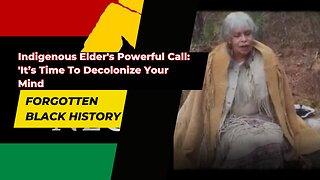 13:47
13:47
Forgotten Black History
2 months agoIndigenous Elder's Powerful Call 'It’s Time To Decolonize Your Mind
1301 -
 1:17:59
1:17:59
Sarah Westall
5 hours agoDOGE: Crime & Hysteria bringing the Critics & the Fearful - Plus new CDC/Ukraine Crime w/ Dr Fleming
21.2K3 -
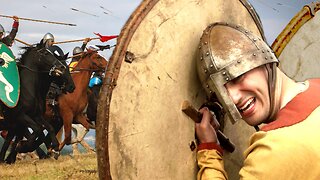 45:39
45:39
Survive History
11 hours ago $2.17 earnedCould You Survive in the Shield Wall at the Battle of Hastings?
14.6K5 -
 1:50:28
1:50:28
TheDozenPodcast
9 hours agoViolence, Abuse, Jail, Reform: Michael Maisey
54.3K2 -
 23:01
23:01
Mrgunsngear
1 day ago $0.68 earnedWolfpack Armory AW15 MK5 AR-15 Review 🇺🇸
54.5K12 -
 25:59
25:59
TampaAerialMedia
1 day ago $1.31 earnedUpdate ANNA MARIA ISLAND 2025
30.8K3 -
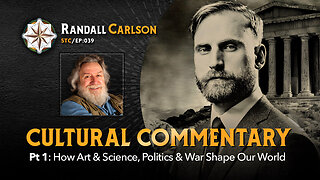 59:31
59:31
Squaring The Circle, A Randall Carlson Podcast
11 hours ago#039: How Politics & War, Art & Science Shape Our World; A Cultural Commentary From Randall Carlson
23.9K2 -
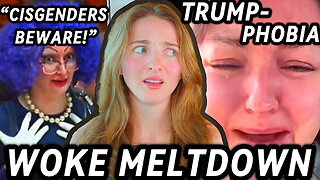 13:21
13:21
Misha Petrov
11 hours agoThe CRINGIEST Thing I Have Ever Seen…
19.3K41 -
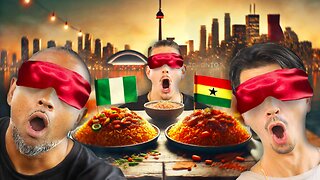 11:45
11:45
BIG NEM
7 hours agoWe Blind Taste Tested the Best Jollof in Toronto 🇳🇬🇬🇭
12.7K -
 15:40
15:40
Fit'n Fire
11 hours ago $0.20 earnedArsenal SLR106f & LiteRaider AK Handguard from 1791 Industries
11.1K1